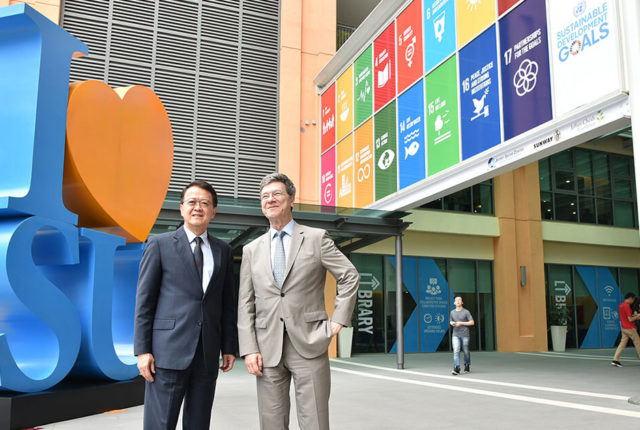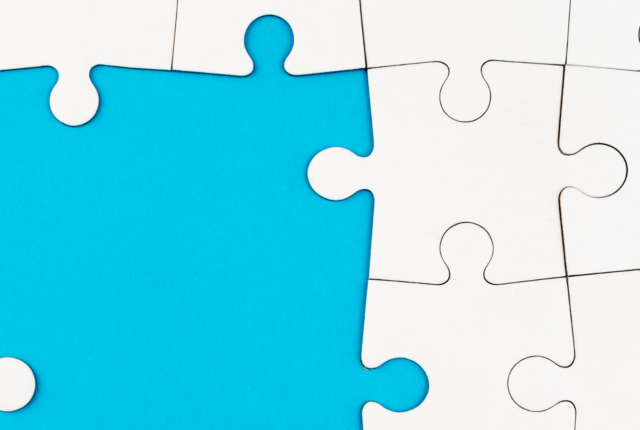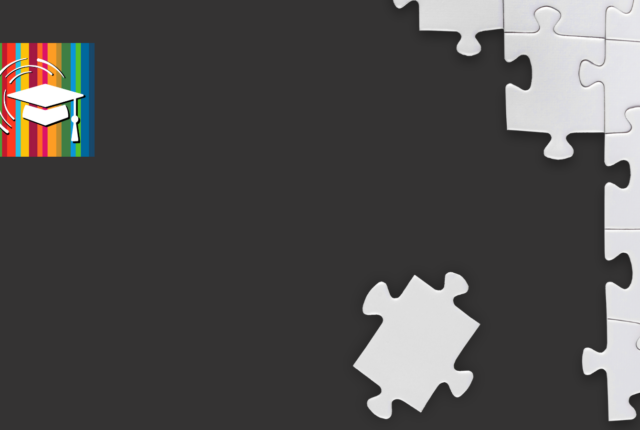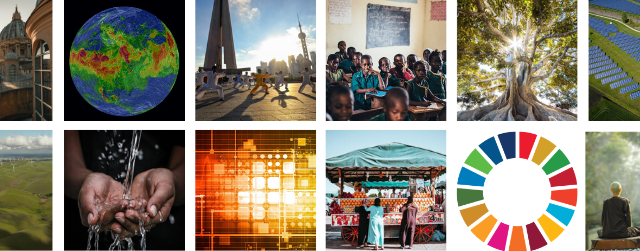Recently I had the great honor of speaking at the annual conference of the Global Science, Technology & Innovation Community (G-STIC), which was held at Expo 2020 Dubai alongside Expo’s celebration of Global Goals Week. Both the conference and the Expo were a remarkable opportunity to learn from and celebrate people around the world who are working towards a better future.
Since 2017, the G-STIC conference has convened leaders in science, technology, policy, and sustainable development to present and discuss innovation for the SDGs. The conference’s Education theme recognizes education’s crucial role as an enabler for all the other SDGs, and includes conversations with experts on topics such as early childhood education, teacher training, the role of enterprise in lifelong learning, technology and innovation for the education of refugees, and more. As Prof. Jan De Groof, the thematic coordinator for the education sessions, said, “It’s all about educating for innovation, and innovation of education.”
This most recent gathering of the G-STIC conference, which took place 17-19 January 2022, included four ambitious sessions on education and boasted inspiring speakers such as 2011 Nobel Peace Prize Laureate Leymah Gbowee; Manos Antoninis, Director of the Global Education Monitoring (GEM) Report at UNESCO; Kehkashan Basu, Winner of the 2016 International Children’s Peace Prize and Founding President of the Green Hope Foundation; and the SDG Academy’s own Director, Chandrika Bahadur, who joined the panel on “Aligning curricula and teacher education, especially with Artificial Intelligence” to discuss the impact of the COVID pandemic on learning loss around the world and the various cognitive, socio-emotional, institutional, and infrastructural pathways needed to get the world back on track to achieving SDG 4.
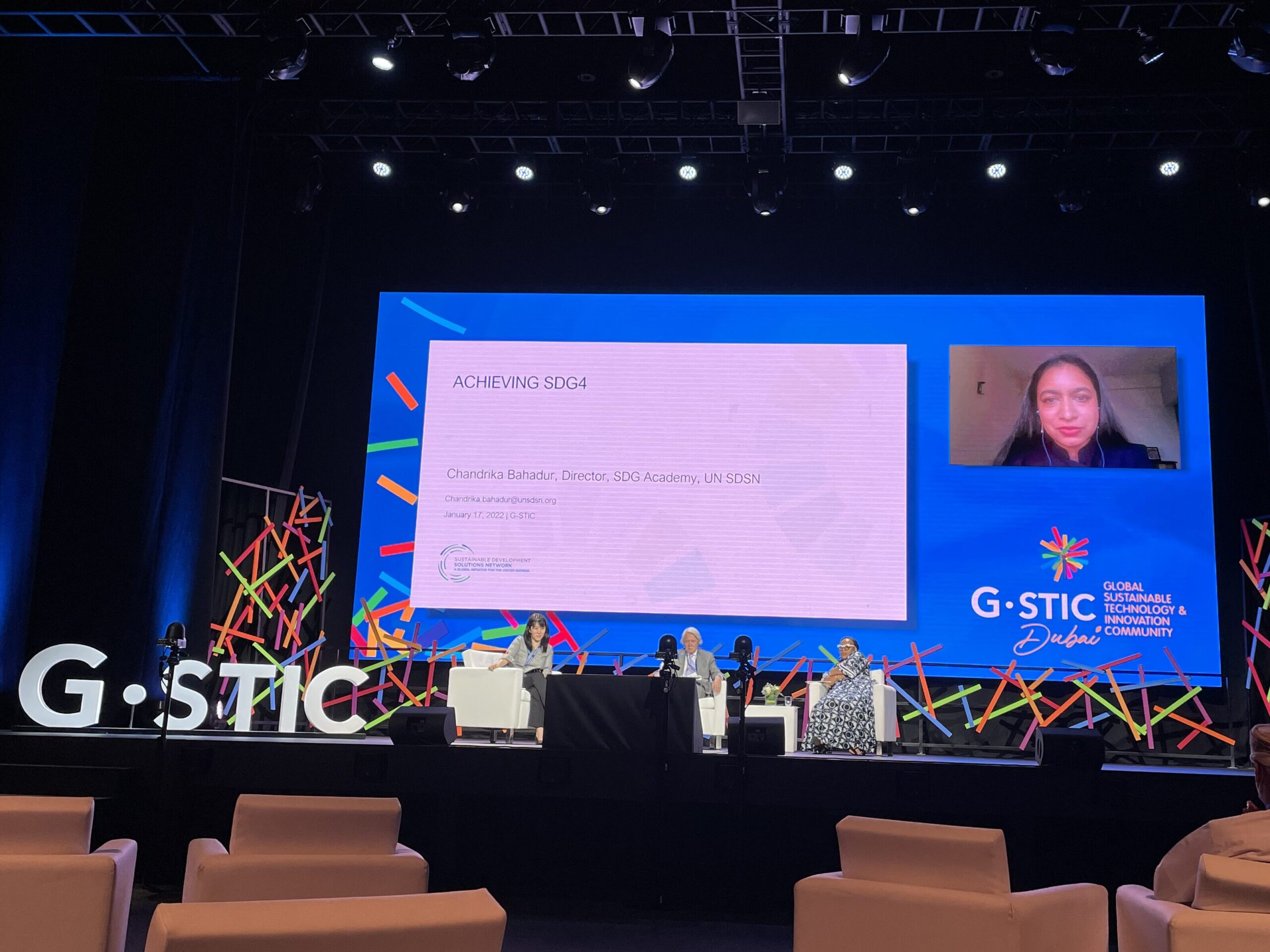
I spoke on the panel for “Educating tertiary students to become sustainable innovators,” a session which included eminent speakers such as Alexandre Lyambabaje, Vice Chancellor of University of Rwanda; Nibal Idlebi, Chief of Innovation at UN-ESCWA; and Muhannad Anwar Al-Shboul, Vice Dean for Quality Affairs and Development at the University of Jordan School of Educational Sciences; among others.
In my brief presentation, I stressed the interdisciplinary nature of sustainable development and the importance of embedding sustainable development across the curriculum so that it is accessible to all students. The creation of a sustainable future depends upon a population that is willing and able to see things from new and different perspectives. This shift in perspective, I argued, should be the foundation of any sustainable development education. To illustrate how universities can put these interdisciplinary principles into action, I shared two projects that have recently launched at Sunway University, host of the SDG Academy’s new office in Kuala Lumpur.
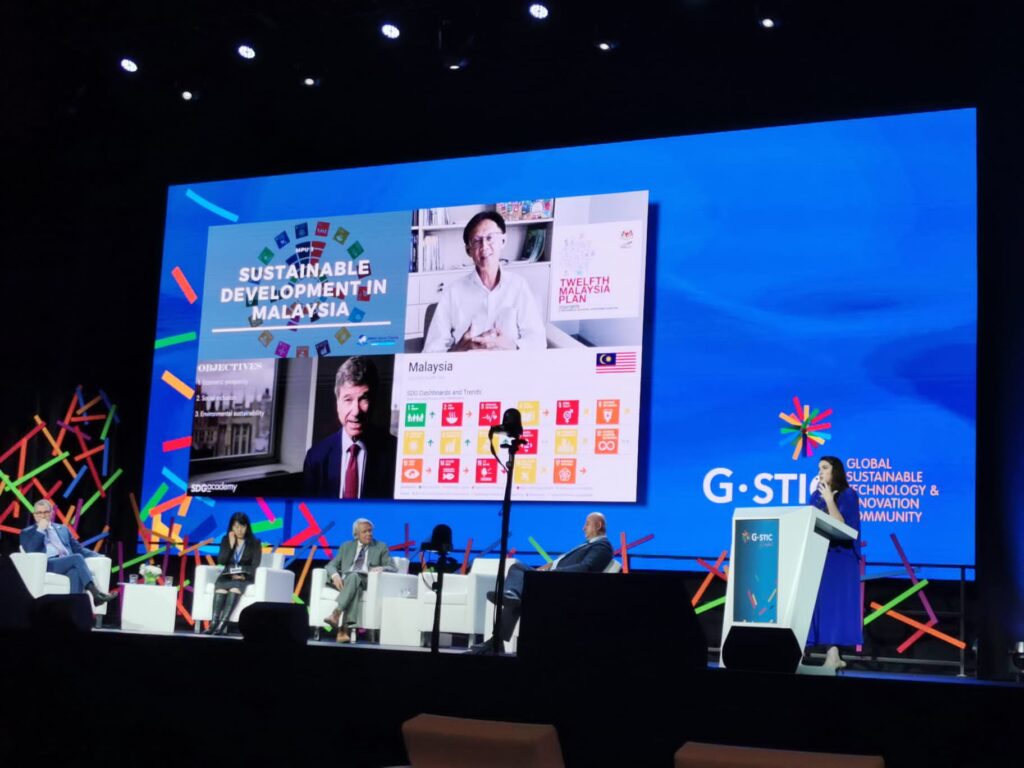
A mandatory six-week course on “Sustainable Development in Malaysia” will introduce every undergraduate student to sustainable development and the SDGs, both globally and nationally, and prompt them to examine how they can further these goals in their communities. Likewise, a new professional development module for Sunway University staff will ensure that academics and administrators alike understand sustainable development and the role they play as educators in achieving the SDGs. Both courses are offered online and built around existing SDG Academy resources. Together, they will work to ensure that the entire campus community, regardless of role or discipline, has a baseline understanding of sustainable development and the encouragement to view their studies, work, and lives through an SDG lens.
The G-STIC conference was a fascinating and thought-provoking chance to discuss the role and opportunities of technology and innovation for the SDGs. But when the sessions were done for the day, I made sure to take advantage of the equally fascinating and inspiring venue of Expo 2020 Dubai itself.
For 170 years, World Expos have showcased countries’ cultures and contributions, and have introduced innovations from the telephone to ice cream cones and iconic feats of engineering like the Eiffel Tower, London’s Crystal Palace, and the Ferris Wheel. Expo 2020 Dubai includes stunningly-designed pavilions from 192 countries, parks and event venues, dazzling light shows and cultural performances, and food from every corner of the world, all anchored by the three thematic districts of Sustainability, Mobility, and Opportunity. Promotion of sustainability and the SDGs is a foundation of Expo 2020 Dubai, one that was on particular display during Global Goals Week, when I attended.

While three days interspersed with conference activities were hardly enough to see and experience Expo’s many offerings, I wanted to share a few of my favorite pavilions to provide a better look into the spaces:
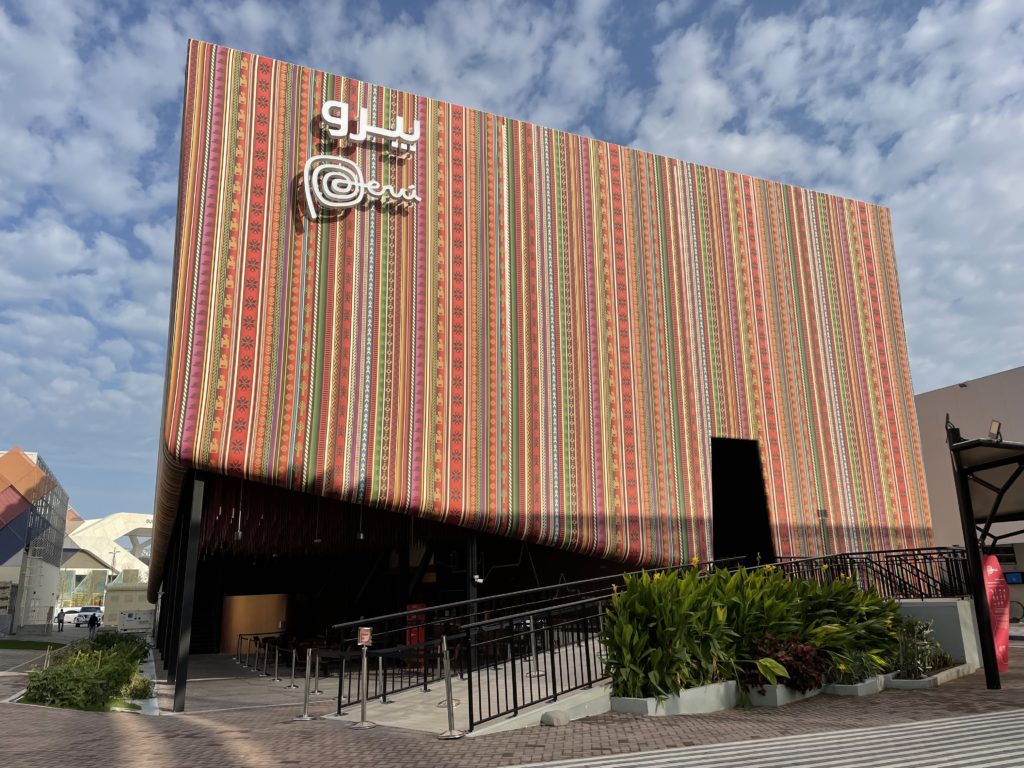
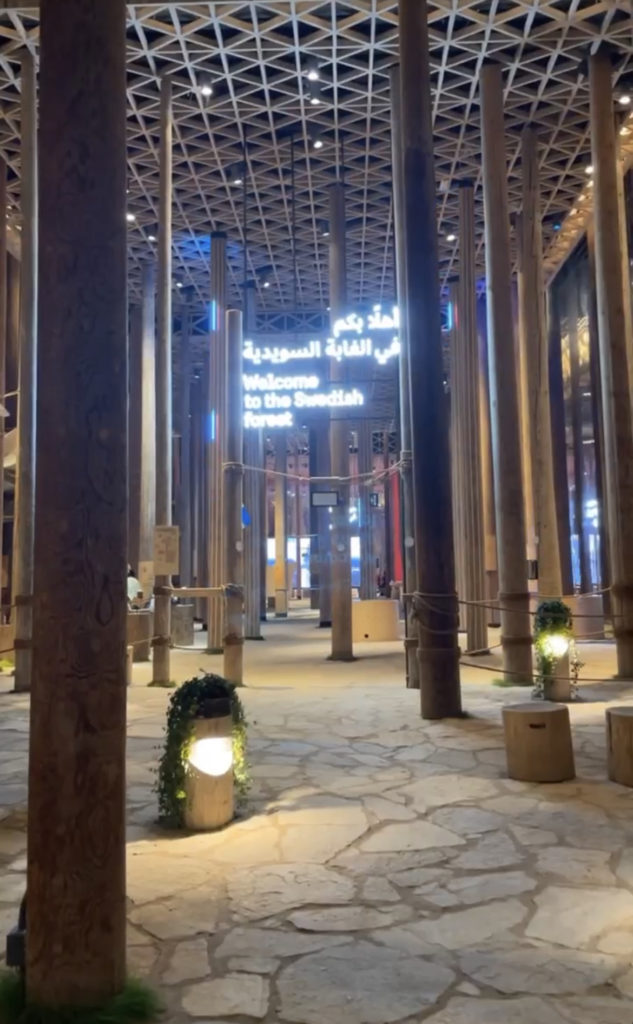
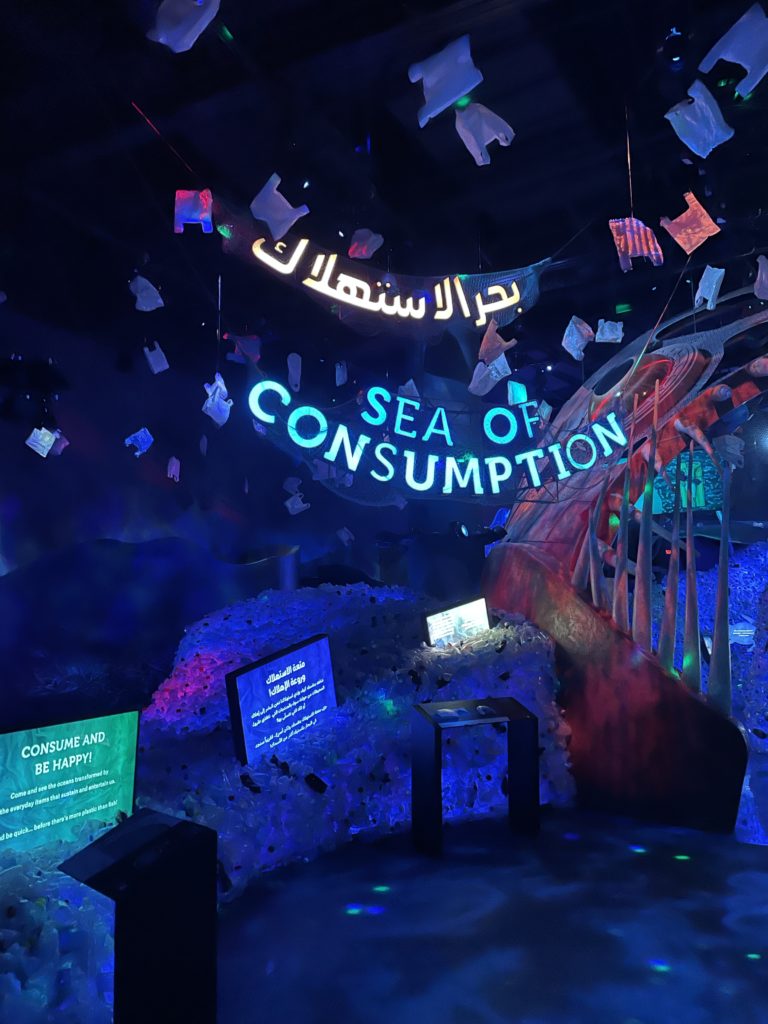
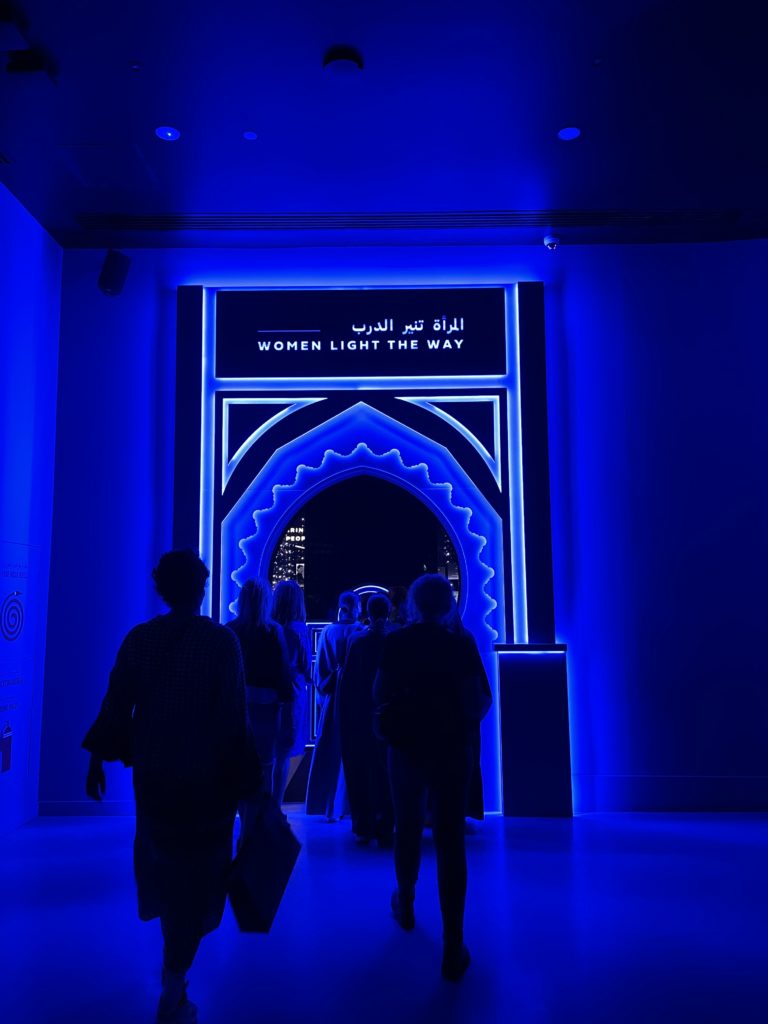
The Luxembourg Pavilion has a slide!
Visit Expo 2020 Dubai until 31 March 2022, or explore the Virtual Expo from home, to learn more about sustainability in your country, celebrate the victories, and push for more action on the SDGs.

